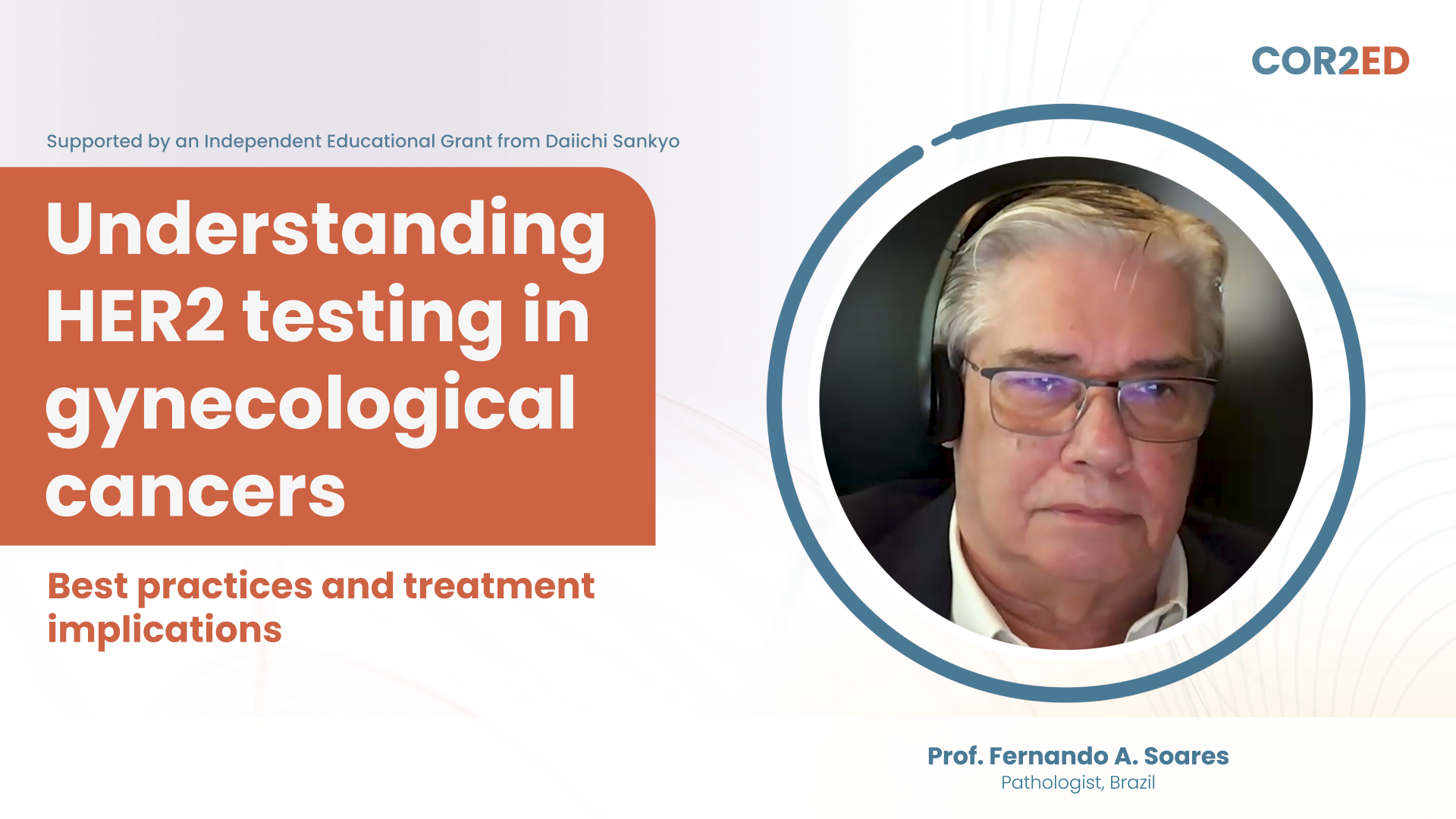In this second module of 2-part micro learning programme from medical oncologists, you'll refresh your knowledge and deepen your understanding of:
-
Pancreatic, gastric, rectal and appendiceal neuroendocrine tumours (NETs)
-
How to recognise the presenting symptoms of potential neuroendocrine tumour patients
-
The steps to take to diagnosis
-
The importance of referral to a NET centre of excellence
Access the video, resources and assessment below.
This module follows on from The Role of SSA at Progression- To Continue or Not? Complete both modules to earn a CME credit.
Clinical Takeaways
-
Recognising the symptoms of a potential NET can be challenging as presentation may be heterogenous, dependent on hormone secretion, and many patients have symptoms similar to those found in other conditions
-
Steps to diagnosis include symptom assessment, size, grade and stage of the tumour, whether the tumour is hormone-secreting and evaluation of predisposition to an underlying hereditary syndrome
-
Referral to a NET centre of excellence is advised to ensure comprehensive care by a multidisciplinary team, which provides access to advanced imaging techniques and innovative treatments for the earliest possible treatment of localised and advanced tumours
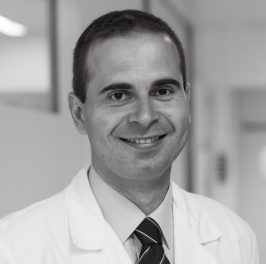
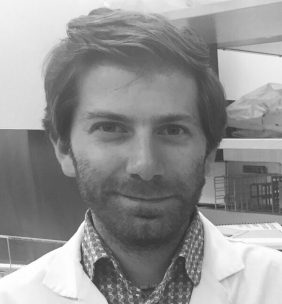
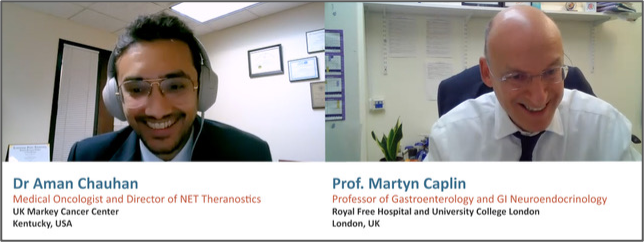
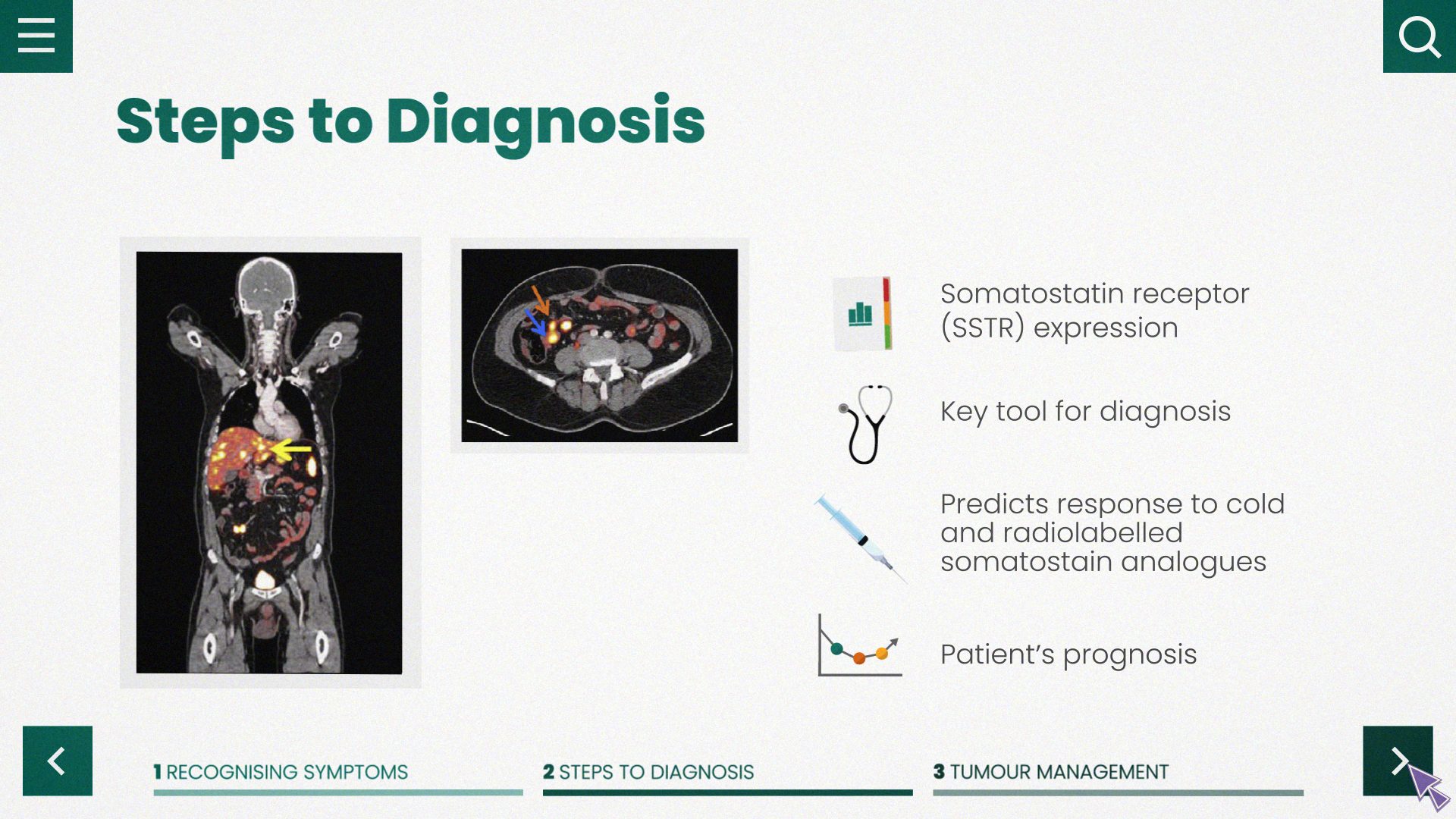
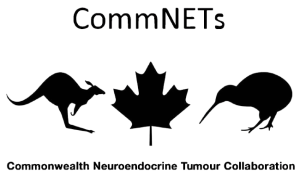

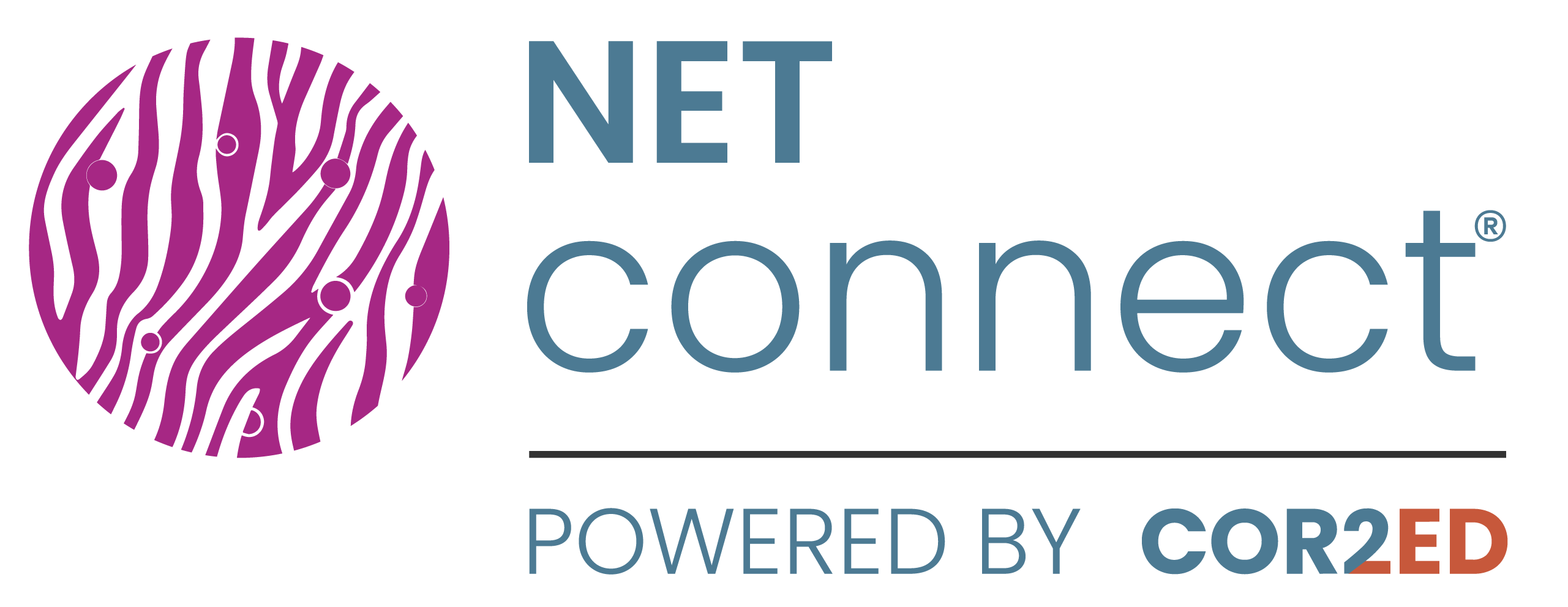


 Downloadable
Downloadable  20 MIN
20 MIN
 Feb 2026
Feb 2026 
